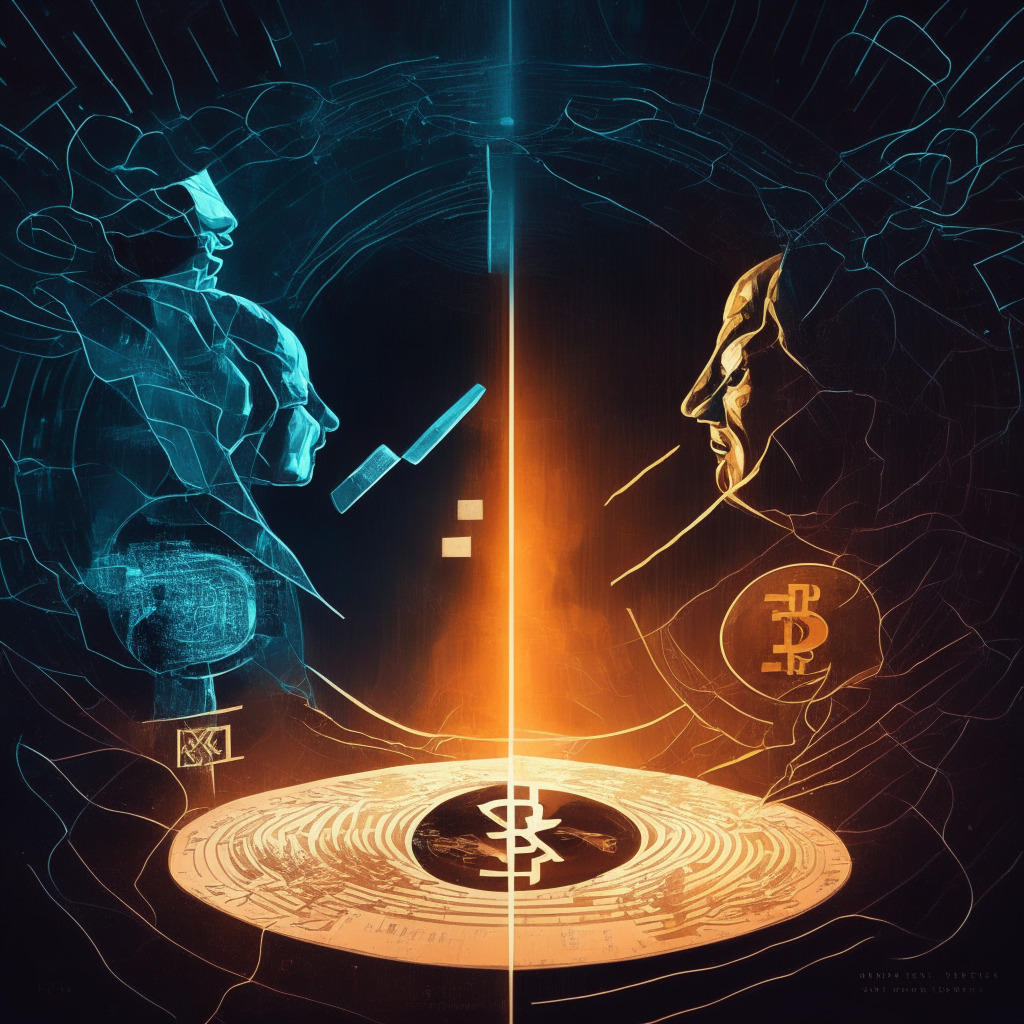The SEC has recently filed for a temporary restraining order against popular cryptocurrency exchange Binance and its CEO Changpeng Zhao, which could result in the freezing of the exchange’s assets. If the court approves the request, the restraining order would prevent Binance and its affiliates from destroying, altering, or concealing relevant records, an outcome the SEC deems necessary to ensure the safety of customer assets and prevent the dissipation of assets in case of a judgment.
Binance has been accused of various instances of violation of US laws, years of illicit conduct, and evasion of regulatory oversight. The restraining order would also allow the SEC to order expedited discovery of potential evidence. Although the cryptocurrency exchange has denied the SEC’s claims, there is still a valid concern that their practices involve fraudulent activities and deceitful financial transfers.
On the one hand, this development is seen as a positive move to enforce accountability and prioritize the safety of customers’ investments. By holding Binance and its CEO accountable for the alleged misconduct, the SEC aims to provide a safer environment for investors and reduce fraudulent behavior in the cryptocurrency space.
Conversely, critics of this approach argue that the move disregards the nature of decentralized markets. They claim that the restraining order could stifle legitimate operations and innovation within the rapidly evolving blockchain industry. By imposing strict regulations and oversight, the SEC might be crippling the growth of new technologies and limiting the potential benefits blockchain could bring to the global financial market.
The examination of Binance’s business practices has also led to questions about its staking program on Binance.US, which the SEC argues should be considered an investment contract and consequently fall under the definition of a security. This poses a significant issue for decentralized finance (DeFi) platforms that offer similar staking services, potentially deterring new entrants from engaging in the DeFi space.
As the case unfolds, it is important to weigh both sides of the argument and consider the potential implications for the industry as a whole. While promoting greater accountability and enforcing legal compliance is undeniably important, it’s crucial not to stifle innovation and progress in the blockchain space. Finding the right balance between regulation and innovation will be key for the continued growth and success of the industry.
Source: Blockworks




